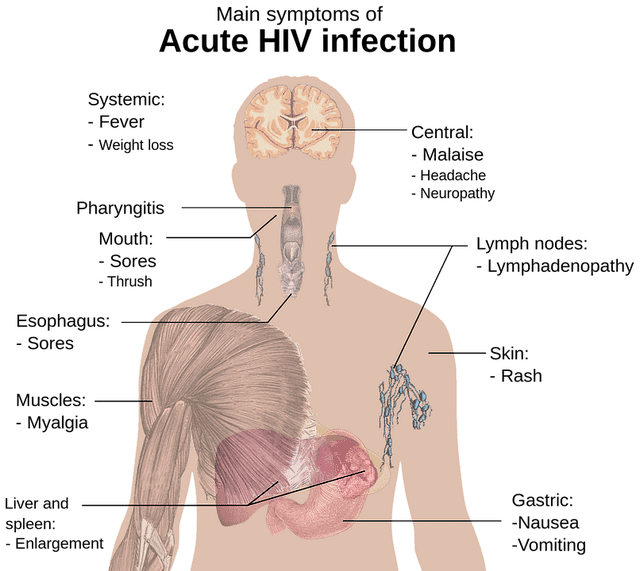What is Vaginal Cancer?
Vaginal cancer is rare cancer that starts in the vagina. Vaginal cancer, also known as gynecologic cancer, is a rare cancer of the female reproductive system. Vaginal cancer develops when healthy cells in the vagina mutate and expand uncontrollably, causing a lump known as a tumor.
The cells that line your vagina, also known as the birth canal, are where vaginal cancer most commonly develops. A woman’s vagina, or birth canal, is a passageway connecting her uterus’ entrance with the outside body. While many different cancers can spread from other parts of your body to your vagina, primary vaginal cancer, which starts in your vagina, is rare.
Types
- Squamous cell carcinoma – These malignancies begin in the squamous cells that make up the vaginal epithelial lining. They are most abundant near the cervix in the upper region of the vagina. Source
- Adenocarcinoma – This type begins in glandular cells in the vaginal lining, which produce mucus and other fluids. It’s more likely to spread to other parts of your body, such as your lungs and lymph nodes (small organs that filter out hazardous substances in your body) in your groin. Source
- Melanoma – Melanomas begin in pigment-producing cells, which are responsible for the color of the skin. These cancers are most commonly discovered on sun-exposed skin, but they can also develop in the vagina or other internal organs. Source
- Sarcoma – Sarcomas are malignancies that begin in bone, muscle, or connective tissue cells. These tumors develop deep within the vaginal wall, rather than on its surface. Source
Also Read: Lung Cancer: Symptoms, Causes, Risk Factors, Diagnosis, Prevention, Facts
Causes
Researchers are unsure what causes vaginal cancer, but there is probably a connection between high-risk HPV strains and vaginal cancer. According to studies, a large number of patients with vaginal cancer also tested positive for antibodies linked to the HPV strains linked to cervical cancer.
Risk factors
A woman is more likely to get vaginal cancer if certain risk factors exist:
- Are 60 years or older
- Had DES exposure
- Have HIV
- Vaginal adenosis
- Have precancerous lesions or cervical cancer
- Consume alcohol
- Smoke
- H. papillomavirus
- Vaginal discomfort
- Have vaginal intraepithelial neoplasia, abnormal growth of cells Source

Symptoms
Early indications and symptoms of vaginal cancer are not always visible. Vaginal cancer or other disorders may create signs and symptoms:
- Bleeding or discharge that isn’t related to menstruation.
- Pain during sex.
- Pain in the lower abdomen.
- The presence of a vaginal lump.
- Urination causes pain.
- Constipation.
Diagnosis
The doctor will review your medical history to learn more about your symptoms and potential risk factors. They will then perform a pelvic exam to rule out any potential causes of your symptoms and a Pap smear to look for any abnormal cells in your vaginal area.
The colposcopy will be performed by your doctor if the Pap smear reveals any abnormal cells. A colposcopy, a magnification device, is used in this operation to inspect your cervix and vaginal walls to locate any suspicious cells.
It’s like a typical pelvic exam in which your provider will examine your vulva visually and enter two fingers into your vagina to feel for any irregularities. They’ll use a speculum to expand your vagina so they can see your vaginal canal and cervix better.
Once your doctor has determined the location of the abnormal cells, a biopsy will be performed to determine whether the cells are malignant.
If the cells are cancerous, a doctor or other healthcare professional will most likely perform an MRI, CT scan, or PET scan to determine whether the cancer has spread to other parts of the body.
Treatment
Treatment will depend on several factors, including the stage of cancer, its proximity to other organs if you’ve received pelvic radiation therapy, and whether you’ve undergone a hysterectomy to remove your uterus.
Surgery is the most usual method of treatment. A laser may be used by your doctor to remove tissue or growths.
Radiation treatments such as High-powered X-rays or other types of radiation are used in this procedure to eradicate cancer.
Chemotherapy medication is used to kill or slow the growth of cancer cells. You could
When to see the Doctor?
Consult your doctor if you have any symptoms of vaginal cancer, such as irregular vaginal bleeding. Because vaginal cancer does not always create symptoms, follow your doctor’s advice on when to have routine pelvic checks.
Prevention
Certain lifestyle changes can help minimize your chances of developing vaginal cancer:
- Avoiding HPV by getting vaccinated against HPV may lower your risk of developing vaginal cancer and other malignancies linked to HPV.
- Wait till you’re in your late teens or older to have sex.
- Don’t engage in sexual activity with multiple partners.
- When having sex, use condoms.
- Get Pap tests regularly.
- Stop smoking if you do. Don’t start smoking if you don’t already.
Also Read: Bladder Cancer: Symptoms, Causes, Risk Factors, Diagnosis, Prevention, Facts





